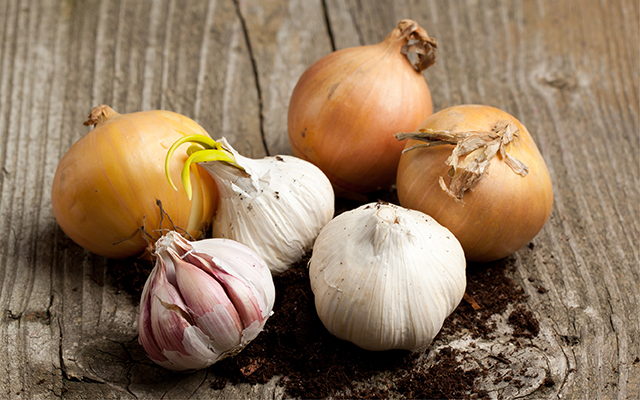In addition to helping tame the allergy response, quercetin has anti-inflammatory, antiviral, and anticancer properties, and it provides mitochondrial protection, says Gregory Plotnikoff, MD, MTS, FACP. Its protective and therapeutic potential keeps researchers busy investigating its ability to support a range of health conditions.
- Brain health: Several studies have identified quercetin’s neuroprotective benefits. As an antioxidant, it may mitigate age-related degenerative processes, for example, and its anti-inflammatory properties may protect against the progression of inflammation-mediated neurodegenerative disorders.
- Heart health: Along with other flavonoids, such as resveratrol and catechins, quercetin may help reduce the risk of atherosclerosis, the plaque accumulation in arteries that can lead to heart attack and stroke. It may also prevent damage from LDL cholesterol and reduce blood pressure in people with hypertension.
- Cancer: In lab studies, quercetin has inhibited many types of cancer cells. Plotnikoff cautions, however: “In some types of cancers, quercetin enhances the activity of chemotherapy, and in others it actually blocks the effectiveness of chemotherapy.”
- COVID-19: The Institute for Functional Medicine notes that “quercetin has been shown to have antiviral effects against both RNA viruses (e.g., influenza and coronavirus) and DNA viruses (e.g., herpes).” Although clinical evidence is limited, says Plotnikoff, “for some people, quercetin has been helpful for both acute and long COVID.”
This was excerpted from “Can Quercetin Relieve Your Season Allergies?” which was published in Experience Life magazine.





This Post Has 0 Comments